Overview
This module will help you better understand what racism is and what it means to be anti-racist. You will also learn about some impacts of systemic racism in B.C.’s education system and broader society.
The module consists of:
- Concepts — key learning ideas
- Reflections — questions that ask you to reflect on your own experiences
- Learn what racism is in its different forms
- Learn the difference between being ‘not racist’ and ‘anti-racist’
- Learn how systemic racism exists in B.C.’s education system and in Canada
- Explore how to help stop racism from taking place
The big frustration is a lack of knowledge; less knowledge makes more ignorance. If racism is not okay, why don’t we talk about it? We need to teach everybody, white teachers, admin, and students how racism affects kids of colour.
Student, Minister’s Anti-Racism Youth Dialogue Series, 2022
Reflection
This module begins with a quote from a student expressing the need for more knowledge and dialogue on racism.
Racism is embedded in many of society’s systems such as education, health care, justice, and employment. What are some of the ways that racism shows up in your school, district, or workplace?
What is Race?
Race is a term used to define people based on the colour of their skin and physical appearance. In society, people are often assigned value, importance, and power based on their ‘race.’
Race and racism have been used to define some groups of people as inferior. Throughout history and today, race and racism have been used to justify:
- Colonialism
- Genocide
- Slavery
- Apartheid
- Segregation
- Discrimination and persecution
Racism is real. It is a lived and living experience in many people’s lives.
Language and Terms within this Course
Everyone’s understanding of identity is unique and not everyone uses the same terms to refer to themselves. In addition, language and terminology can shift or expand in society as understanding of racism and anti-racism deepens.
While each group or community may choose to use specific terminology that best aligns with their identity, this course uses the terms Indigenous Peoples, racialized people, and racialized communities to refer to groups of people who have lived and living experiences with racial discrimination and racism.
The terms People of Colour, Black People, and IBPOC are also used within some of the quotes throughout this course. Many of these quotes were shared by students and/or staff members within B.C.’s education system during 2021-2022.
The terms “racial minority” or “visible minority” are outdated and inaccurate.
